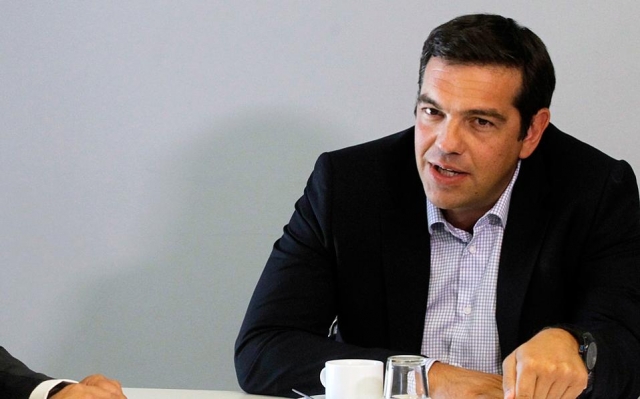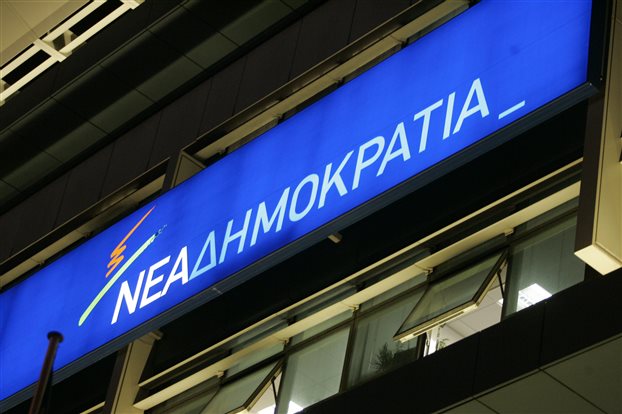Anastasia Balezdrova
The coming end of the summer has stirred up the languid political life during the holiday months. Like every year at this time, some analysts have started talking about the possibility of early elections but this time the probability of this scenario materializing is considerable.
The catalyst for the parliamentary elections next spring will probably be the election of the President of Greece by the Parliament. So far, it is unclear whether the ruling coalition will be able to provide the required majority of votes to avoid a premature vote. At the same time, according to commentators, the main opposition SYRIZA party will do everything possible to provoke early elections, using the presidential elections for this purpose. The intentions of the left became clear after the statements of party spokesman Panos Skourletis, who said that SYRIZA is not going to propose a candidate. He justified the decision by claiming that if the current Parliament elects a new President, this will mean that the government will be able to continue the "memoranda policy", which SYRIZA wants to counteract.

The left continues to seek allies among the other opposition parties in order to create a common front against the presidential elections. According to commentators, however, the party leadership is concerned about the conviction of Prime Minister Antonis Samaras that the government will be able to secure a majority of 180 votes to elect a President. Therefore, many of them suggest that SYRIZA should not make things easier for Samaras by proposing a candidate whom the Prime Minister will eventually approve and accept.
In parallel, after his unprecedented visit to Mount Athos, party leader Alexis Tsipras has continuously held meetings with representatives of various professional organizations in order to start a dialogue with the more "conservative" among them such as farmers, lawyers and owners of small production firms.
On the other hand, riots are underway within New Democracy, without this meaning that there are tendencies to challenge its leadership. The negative reactions of the members of the largest parliamentary force started with the new law on the taxation of real estate and the "errors" in calculating property prices that enraged many of their voters. The problem is not yet completely solved and it continues to be among the main topics of the public discussion. In view of the probability of early elections, many deputies decided to exert pressure, including on national issues, to satisfy their electorate.

Meanwhile, Minister of Health Makis Voridis urged in public LAOS party leader George Karatzaferis to return to New Democracy and a day later, parliamentary representative of the blue Adonis Georgiadis urged all who had left the party because of the memorandum to return within its ranks, not excluding even the leader of Independent Greeks Panos Kamenos, who replied in an negative and acute manner, and with attacks.
The smaller coalition partner, PASOK, is also trying to attract its lost voters through the national plan for the reorganization of Greece after the expiry of the memorandum of economic assistance, which Evangelos Venizelos will present on 7 September during the International Trade Fair in Thessaloniki. PASOK are preparing to mark the 40th anniversary of the party's establishment on 3 September 1974, perceiving this date as the beginning of its attempt to revive. For this purpose they are trying to attract as many party members and supporters as they can. One of the emblematic acts in this direction will be the announcement of the return of Minister of Education Andreas Loverdos to PASOK.

While the established party formations are using traditional methods to mobilize their electorates, Stavros Theodorakis’ newly founded To Potami party is holding constant campaigns in different parts of Greece. Theodorakis himself and volunteers handed out in the centre of Athens the recently issued party programme, inviting the citizens who received one to donate a few euros to finance the party. After the first congress of To Potami that took place in Lavrio in June influential persons known for their participation in liberal organizations such as historian Thanos Veremis and professor of economics Antigone Lyberaki joined the party. So far, their cooperation finds expression in their participation in the commission for dialogue and it is not yet clear whether they will become party members and, if so, when.